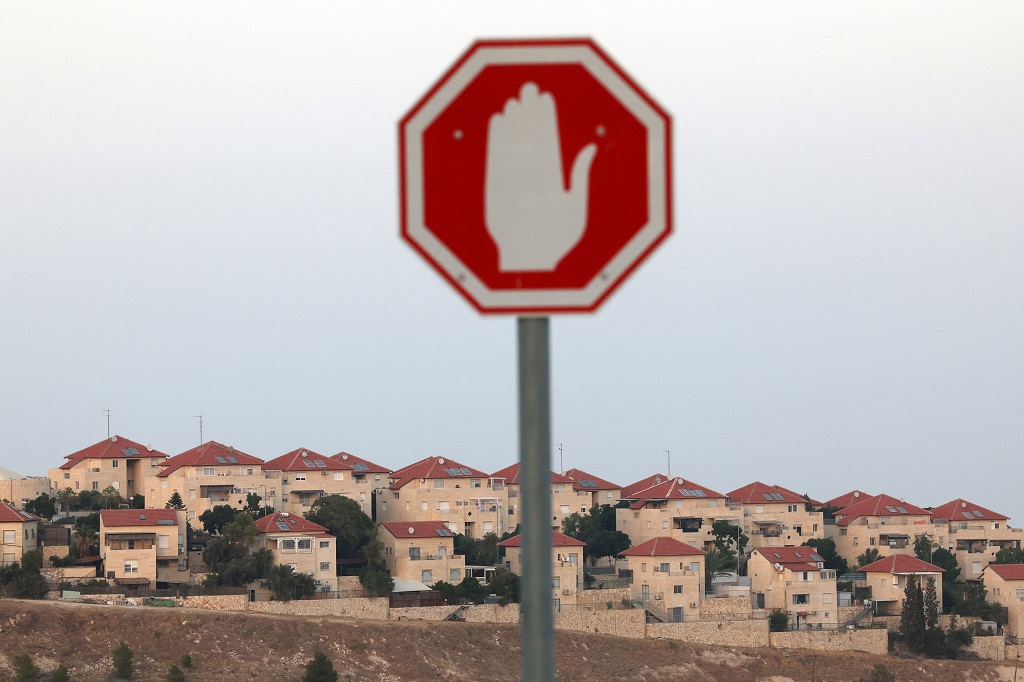HEBRON, March 8, 2016 (WAFA) - Israeli forces early Tuesday destroyed the interior walls of the family house of a Palestinian killed after an alleged car-ramming attack into Israeli soldiers in Hebron city, said security sources.
Israeli forces stormed the Hebron neighborhood of Khallet Hadur and surrounded the family house of Ibrahim Skafi.
Forces then manually destroyed the interior walls of the house where Skafi, 22, used to live.
On November 4, Israeli forces shot dead Skafi after he purportedly rammed his vehicle into two Israeli soldiers at Halhul junction, north of Hebron.
Skafi’s family house was the latest to be destroyed in line with Israel’s policy of punitive demolitions of family houses of Palestinians suspected of carrying out attacks on Israeli targets.
Israel resorts to punitively demolish the family homes of any Palestinians – as means of deterrence - accused of being involved in attacks against Israelis, a policy that Israel does not use against Israeli settlers who were involved in fatal attacks against Palestinians.
This policy was widely condemned by human rights organizations as “collective punishment” and “a war crime and a crime against humanity”.
B’Tselem, an Israeli human rights group, says: “The people who bear the brunt of the [punitive] demolitions are relatives – including women, the elderly, and children – whom Israel does not suspect of involvement in any offense.”
“In the vast majority of cases, the person whose actions prompted the demolition was not even living in the house at the time of the demolition,” adds the group.
“The official objective of the house demolition policy is deterrence … yet the deterrent effect of house demolitions has never been proven.”
It said that, “Since this constitutes deliberate harm to innocents, it is clear that even if house demolition had the desired deterrent effect, it would, nevertheless, remain unlawful.”
Amnesty International, argued that, the Israeli authorities’ claim that such demolitions are effective in dissuading potential attackers “is entirely irrelevant in the eyes of International humanitarian law, which places clear s on the actions which an occupying power may take in the name of security, and the absolute prohibition on collective punishment is one of the most important of these rules.”
“Collective punishment is never permissible under any circumstances.”
K.F.










